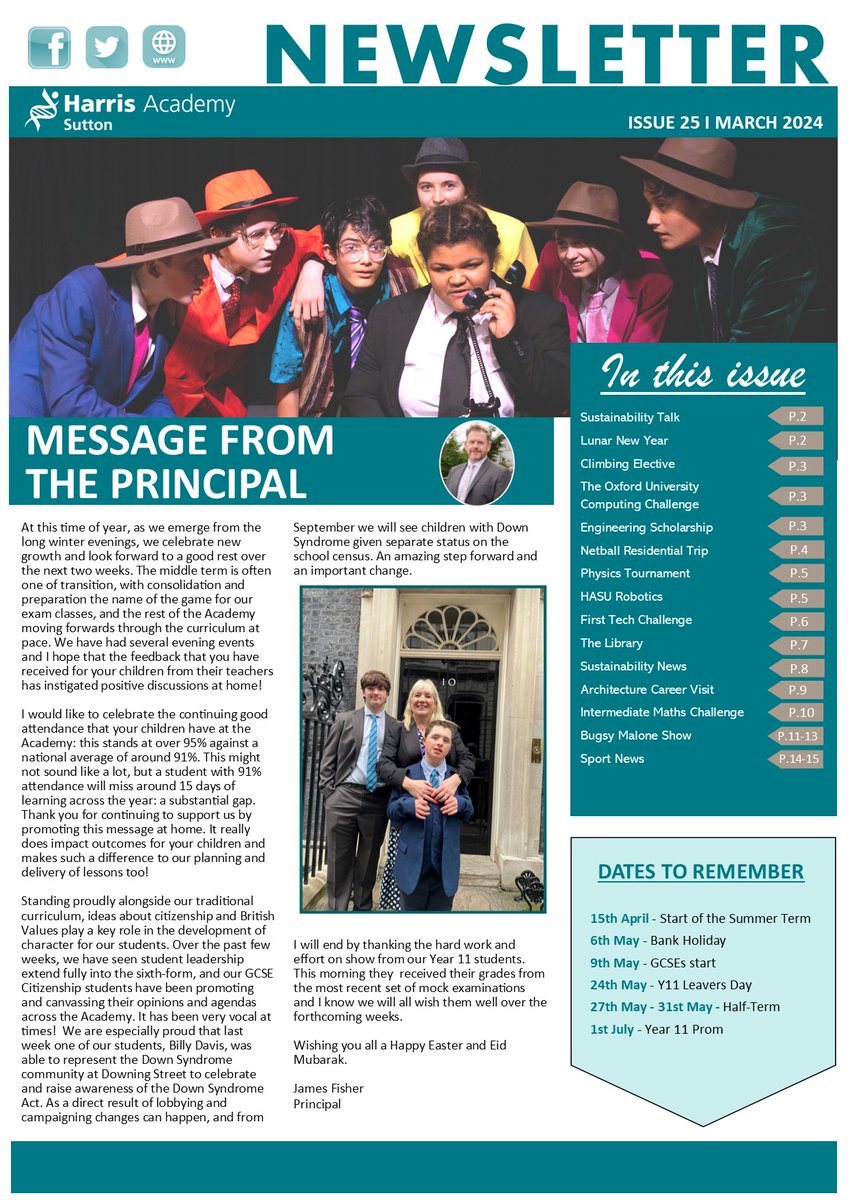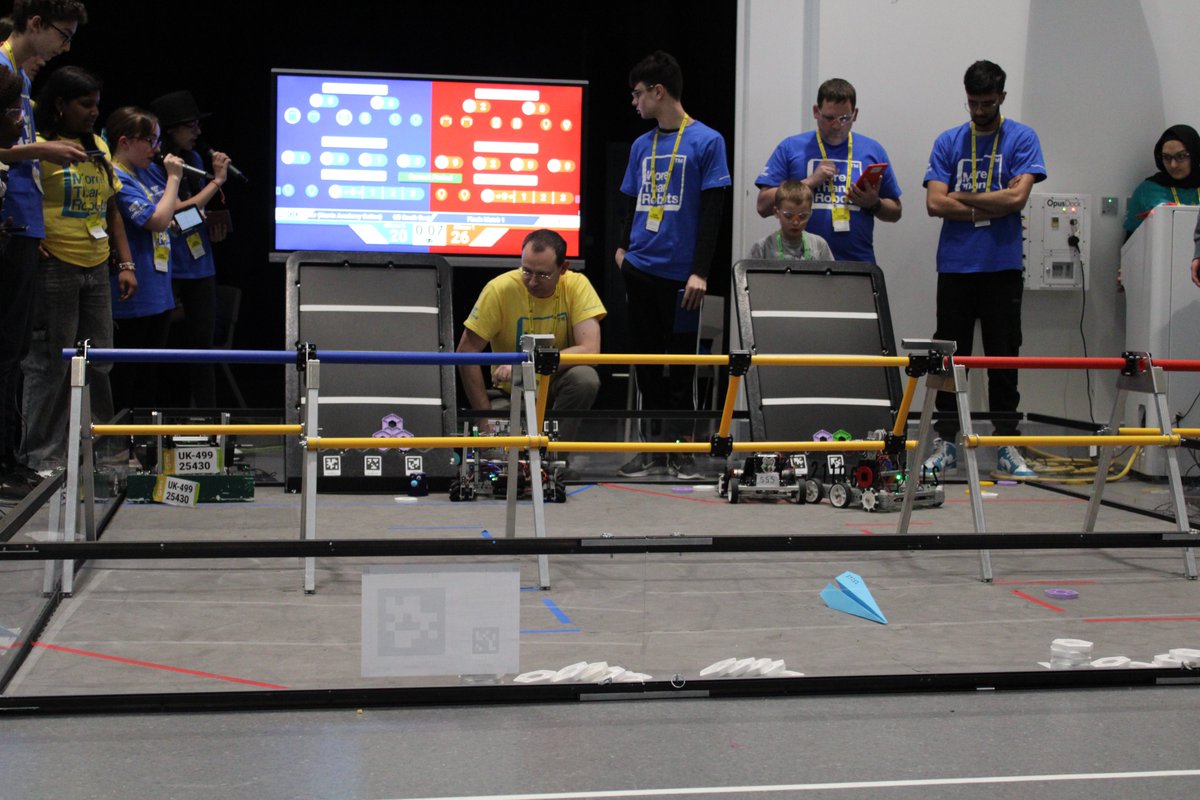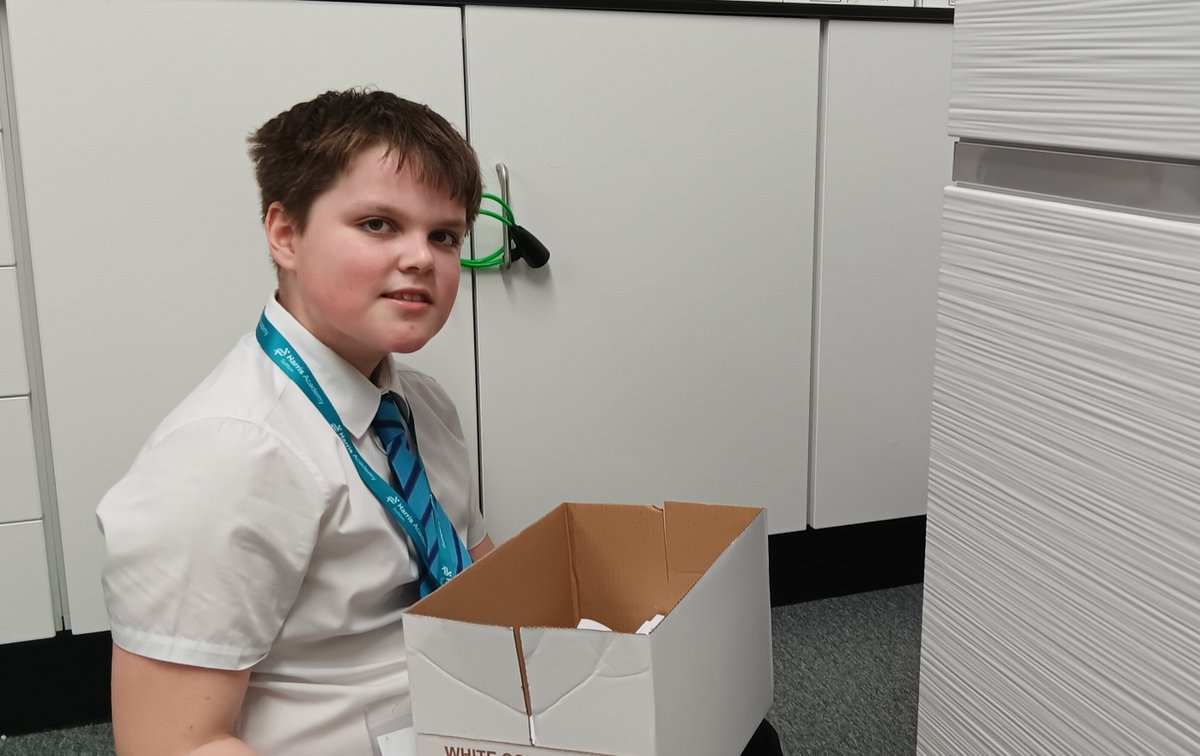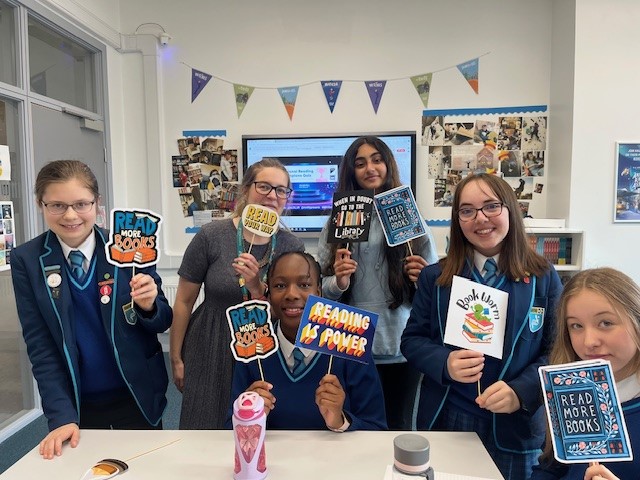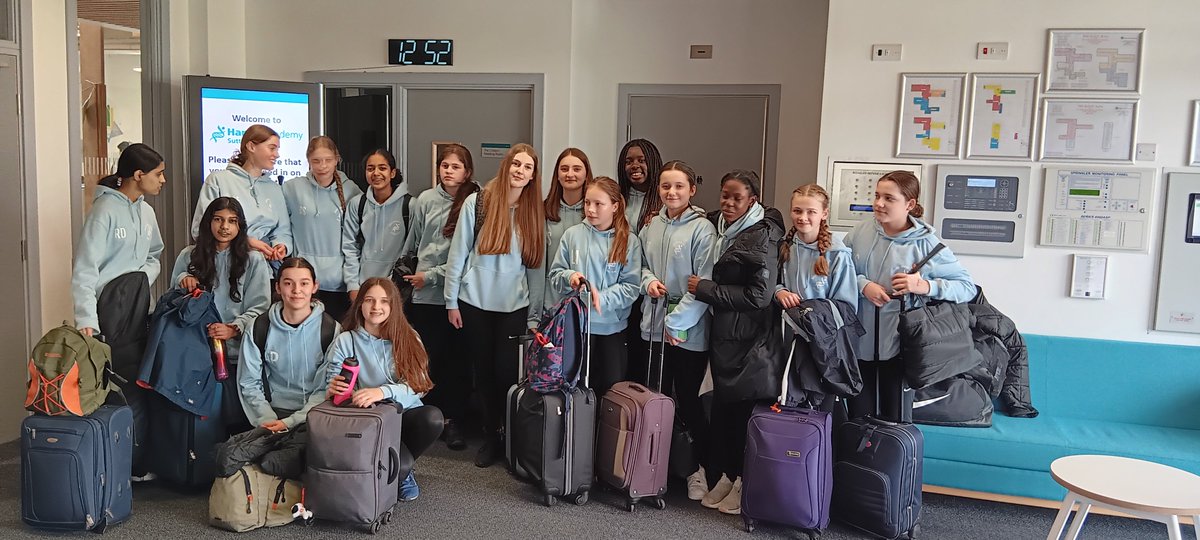Science
What is Science?
Science is a way of studying and understanding the universe in which we exist, which has been developed over time and in many cultures. We teach essential aspects of the knowledge, methods, processes and uses of science.
Why do we teach Science at HASU?
We seek to develop scientific knowledge and conceptual understanding through the specific disciplines of biology, chemistry, and physics. Science promotes an evidence-based approach to enquiry and pupils are encouraged to recognise the power of rational explanation. However, science is not to be seen as a static body of knowledge, rather as a dynamic and developing accumulation of human wisdom. Through their study of science, pupils are encouraged to test theories and look for alternative explanations. The scientific approach helps pupils to develop as independent and collaborative learners, respecting everyone’s contribution.
We are building links with the wider scientific community, especially in the field of medical sciences, given our location on the campus of the London Cancer Hub. Science is presented in the wider context of STEM subjects (science, technology, engineering and mathematics) with visits, presentations from visiting speakers, and enrichment activities. There is a strong focus on the many career pathways to which studying science can lead.
Above all, we are seeking to develop a sense of excitement and curiosity through an enquiring and investigative approach. We hope to kindle in our pupils the spirit of enquiry expressed by Albert Einstein, who said, "The important thing is not to stop questioning… (We) cannot help but be in awe when (we) contemplate the mysteries of eternity, of life, of the marvellous structure of reality."
How do we teach Science at HASU?
At Harris Academy Sutton, we offer a high-quality science education which provides the foundations for understanding the world through the specific disciplines of biology, chemistry, and physics. As well as developing our students’ knowledge and understanding of scientific theory through lessons in each of these three disciplines, our curriculum has an integrated working scientifically component and a clear focus on literacy and communication that seeks to develop students’ confidence in articulating their scientific ideas. The essential skills of enquiry processes are taught throughout the course and are developed further through a series of required practicals.
We are fortunate to enjoy state-of-the-art science facilities spread over two floors, including specialist biology, chemistry, and physics laboratories, and a ‘super-lab’ that can accommodate up to 60 students for lecture-demonstrations or large-scale practical activities. There is a strong emphasis on practical learning, ably supported by our team of dedicated science technicians.
Key Stage 3
At Key Stage 3, pupils have one lesson every week in each of the specific disciplines of biology, chemistry, and physics. These are supported by one additional lesson every fortnight in the skills of working scientifically. The taught content is divided into ten ‘big ideas’ of Science: Forces, Electromagnetism, Energy, Waves, Matter, Reactions, Earth, Organisms, Ecosystems and Genes. Each of these ‘big ideas’ is in turn divided into four smaller topics encountered at regular intervals so that students develop an understanding of a big idea by multiple interactions with the concepts within the idea.
Key Stage 4
All students at Harris Academy Sutton continue their study of science at GCSE as part of our broad and balanced Key Stage 4 curriculum. Science is a compulsory subject in the English curriculum at Key Stage 4. In other words, it is not an optional subject – everyone studies science in one form or another at this level.
Students in Years 10 and 11 at Harris Academy Sutton will follow one of two courses of study: some will study Biology, Chemistry and Physics as three full GCSEs (sometimes referred to as ‘separate sciences’ or ‘triple science’); others will follow the Combined Science: Trilogy route, which is also taught as the three subject disciplines of biology, chemistry and physics but results in students gaining two GCSE qualifications.
Whichever route students are following, their study of the Sciences at Key Stage 4 continues with the process of building upon and deepening scientific knowledge and the understanding of ideas developed in earlier key stages. As at Key Stage 3, this is done through the subject disciplines of biology, chemistry and physics, each now enjoying three lessons per fortnight. The knowledge and skills involved in scientific enquiry continue to weave their way through the whole specification, supported by an additional working scientifically lesson every fortnight, just as at Key Stage 3.
Which examination board do we study at Key Stage 4?
Students studying the sciences at HASU follow the AQA Specifications.
These specifications can be found here:






